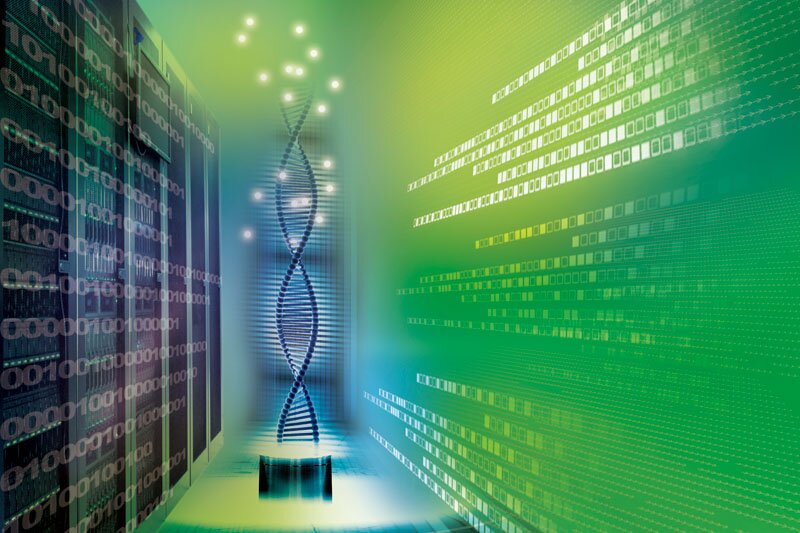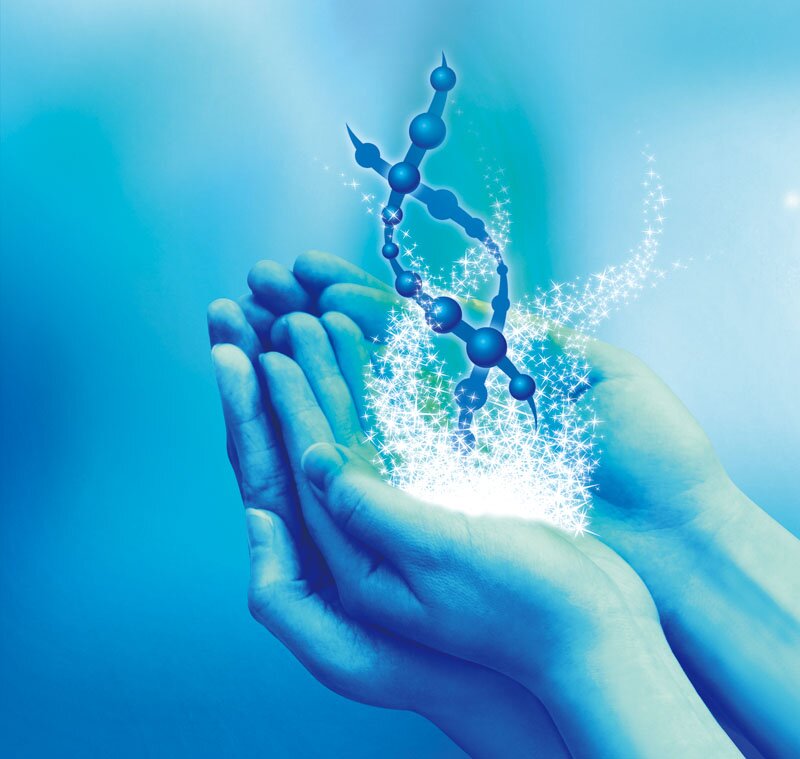Why Genomics
What causes autism? Originally, thought of as an emotional disorder caused by inadequate mothering, it is now recognized as having an organic and genetic basis. Research is now delivering the answers. First and foremost, we now know that there is no one cause of autism just as there is no one type of autism. Over the last five years, with rapid developments enabled by next-generation sequencing, scientists have identified a number of rare gene changes, or mutations, associated with autism. A small number of these are sufficient to cause autism by themselves. Most cases of autism, however, appear to be caused by a combination of autism risk genes and environmental factors influencing early brain development.

Genome 101
A genome is all the genetic material contained in an organism, including its chromosomes, genes and DNA (deoxyribonucleic acid). Genes carry information for making all the proteins needed by an organism to function. These proteins determine, among other things, an organism's appearance, health, and sometimes behavior. DNA is made up of four chemical bases (represented by A, T, C, and G) that may be repeated millions of times throughout a genome. The human genome, for example, has 3.4 billion pairs of bases. The arrangement of these bases is extremely important, and determines the kind of an organism, whether a plant, animal or a fungus. It is the countless possible arrangements of these four bases that account for the huge diversity of life on Earth.
Genomics research will let us grasp for the first time the language of life and understand, for example, the tiny genetic differences that determine the color of an eye, or the shape of a mouth. Some of what is learned from research might help doctors prevent and treat diseases better. Just as Eric Lander (Ph.D., director of the Whitehead-MIT Center for Genome Research), said, “Biology is being transformed into an information science, able to take comprehensive global views of biological systems. With knowledge of all the components of the cells, we will be able to tackle biological problems at their most fundamental level.”

Today, genetic and genomic testing and technologies are increasingly used by healthcare professionals in the care of patients and families. Having an understanding of the basics of genetic and genomic information is therefore central to providing healthcare today.
